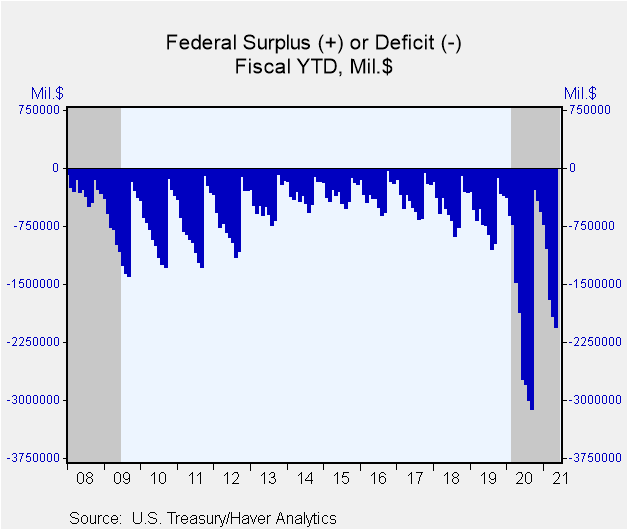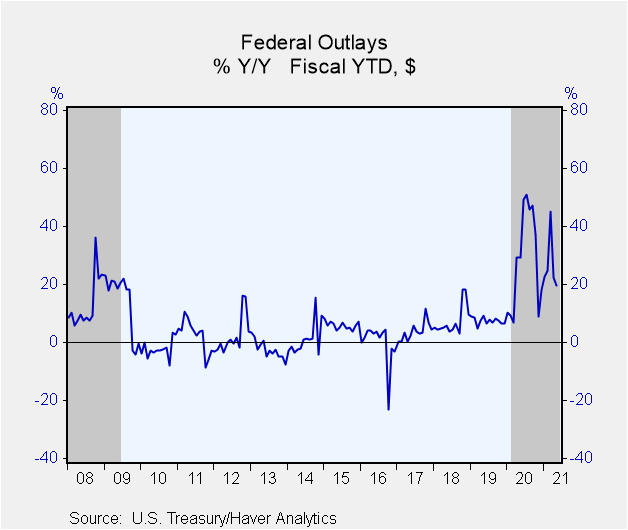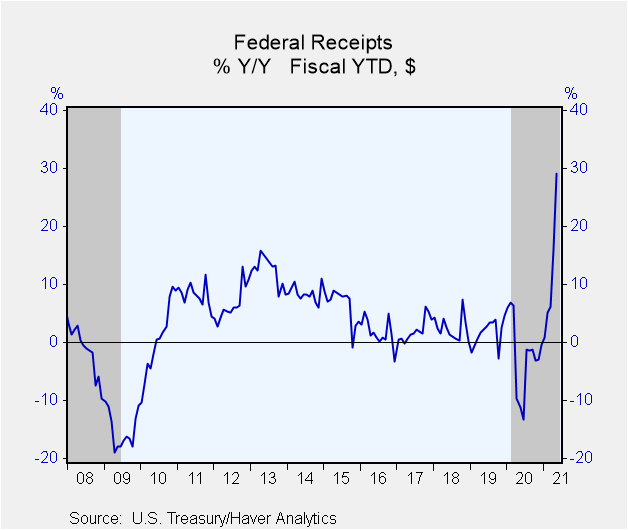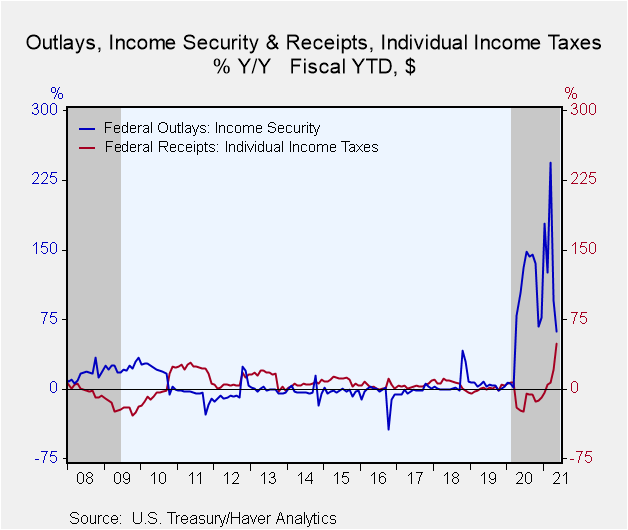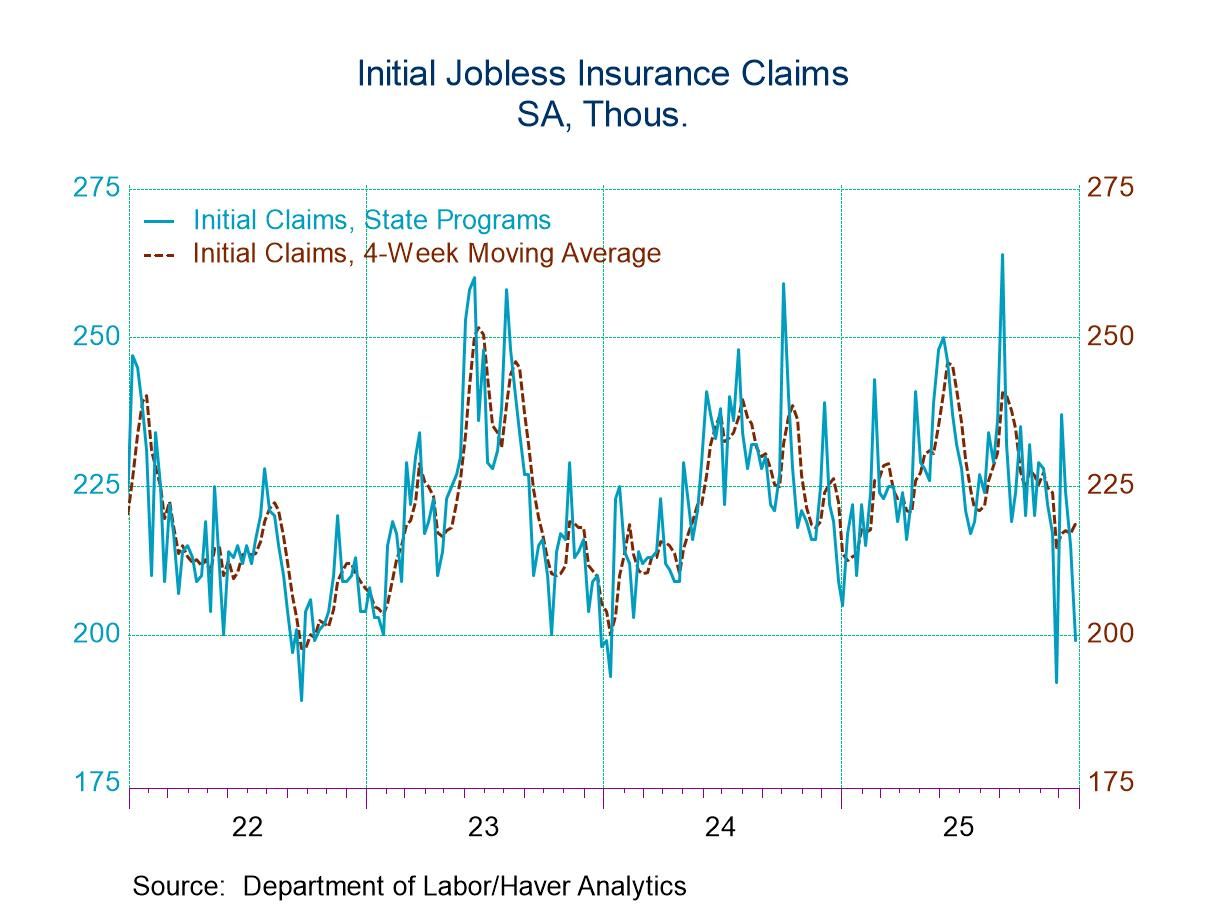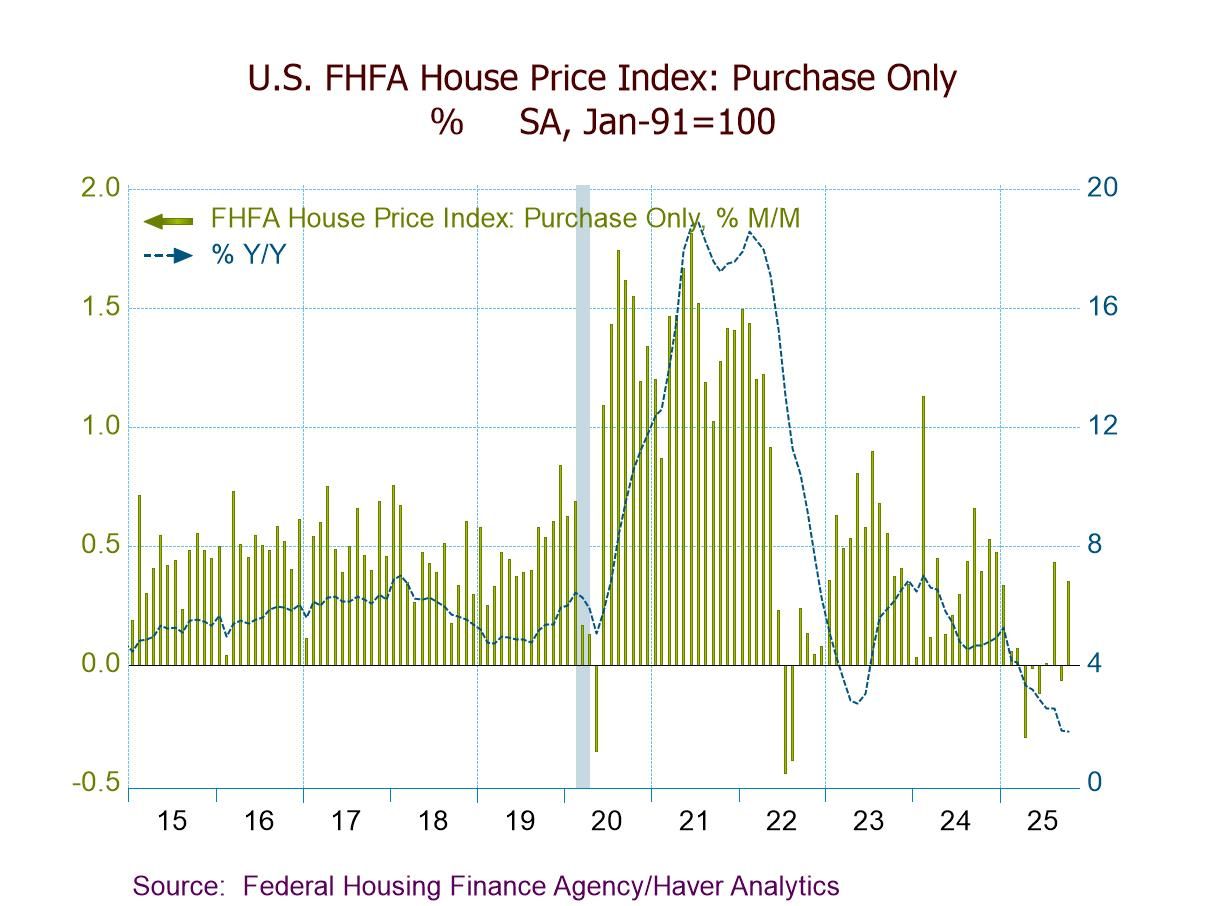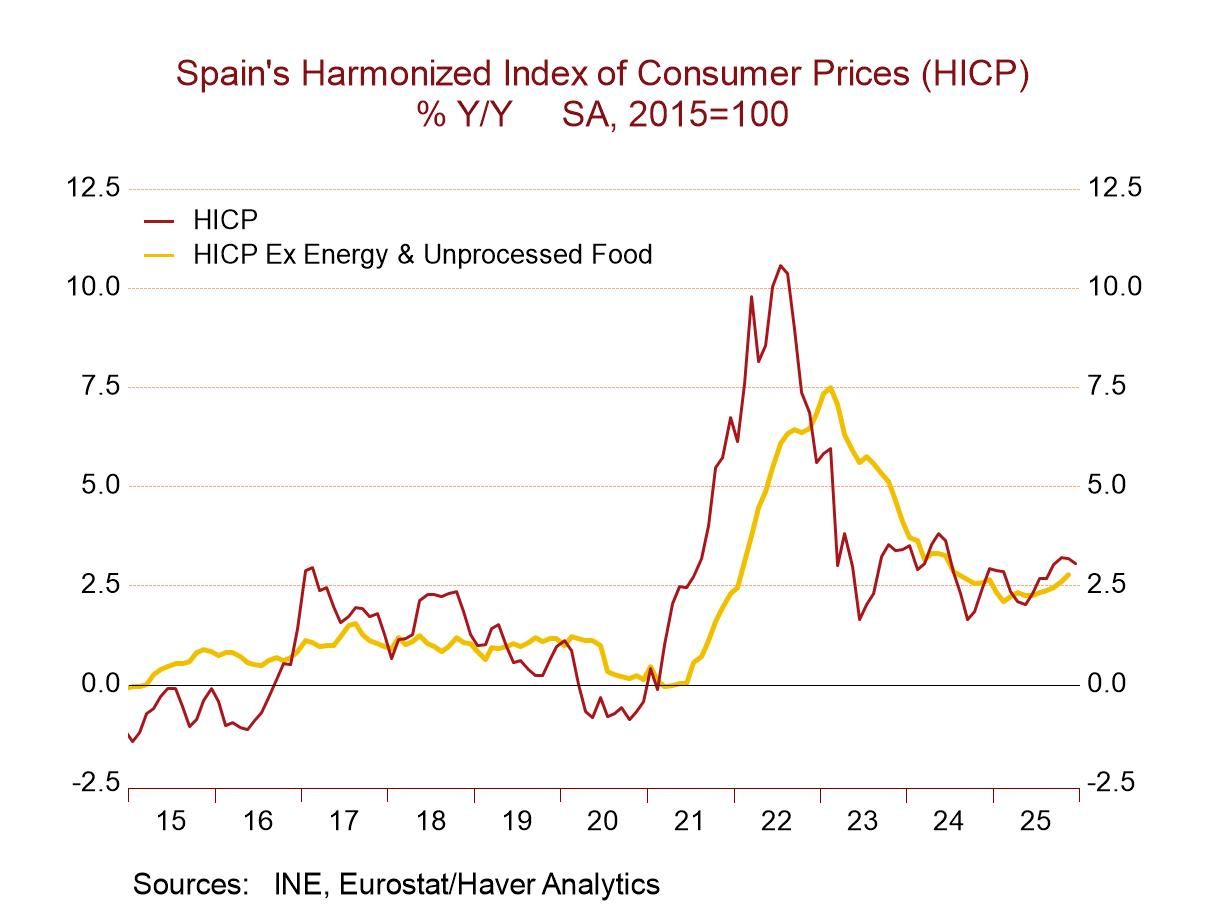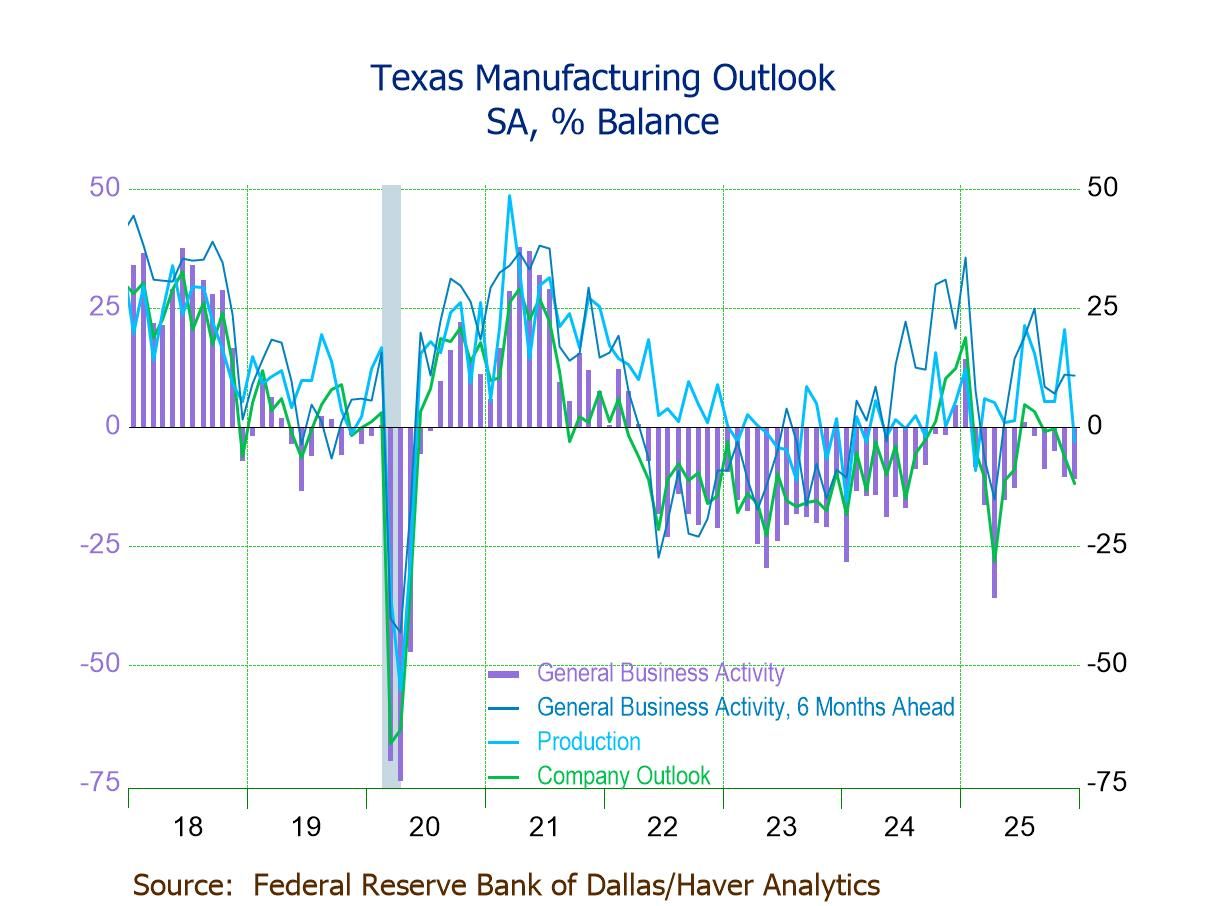 Global| Jun 10 2021
Global| Jun 10 2021U.S. Government Budget Deficit Surges in FY'21
by:Tom Moeller
|in:Economy in Brief
Summary
• May budget deficit falls short of expectations. • Tax receipts improve with economic growth. • Income-security outlays continue to climb. The U.S. Treasury Department reported a federal budget deficit of $2.064 trillion for the [...]
• May budget deficit falls short of expectations.
• Tax receipts improve with economic growth.
• Income-security outlays continue to climb.
The U.S. Treasury Department reported a federal budget deficit of $2.064 trillion for the first eight months of FY 2021. This compares to a $1.880 trillion deficit over the same period last year. For May alone, the deficit totaled $132.0 billion compared to the May '20 deficit of $398.8 billion. Expectations had been for a $176 billion May deficit in the Action Economics Forecast Survey.
Overall revenues increased 29.1% y/y so far this fiscal year. Individual income tax payments jumped 48.6% y/y in FY'21 due to improved economic growth while corporate tax payments strengthened 121.0% y/y. Social insurance taxes rose 3.6% y/y and customs duties improved 6.6% y/y in FY'21.
Federal government outlays have risen 19.8% y/y so far in FY'21. The increase includes a 62.1% surge in income security payments due to COVID-19 support. Spending on health programs grew 7.8% y/y so far this fiscal year. Defense outlays rose 3.9% y/y so far in FY'21 while Social Security payments increased 3.7% y/y. Medicare payments declined 14.5% y/y, due to calendar year differences, while interest payments fell 8.0% y/y so far in FY'21.
Haver's data on Federal Government outlays are contained in USECON;
Tom Moeller
AuthorMore in Author Profile »Prior to joining Haver Analytics in 2000, Mr. Moeller worked as the Economist at Chancellor Capital Management from 1985 to 1999. There, he developed comprehensive economic forecasts and interpreted economic data for equity and fixed income portfolio managers. Also at Chancellor, Mr. Moeller worked as an equity analyst and was responsible for researching and rating companies in the economically sensitive automobile and housing industries for investment in Chancellor’s equity portfolio. Prior to joining Chancellor, Mr. Moeller was an Economist at Citibank from 1979 to 1984. He also analyzed pricing behavior in the metals industry for the Council on Wage and Price Stability in Washington, D.C. In 1999, Mr. Moeller received the award for most accurate forecast from the Forecasters' Club of New York. From 1990 to 1992 he was President of the New York Association for Business Economists. Mr. Moeller earned an M.B.A. in Finance from Fordham University, where he graduated in 1987. He holds a Bachelor of Arts in Economics from George Washington University.


